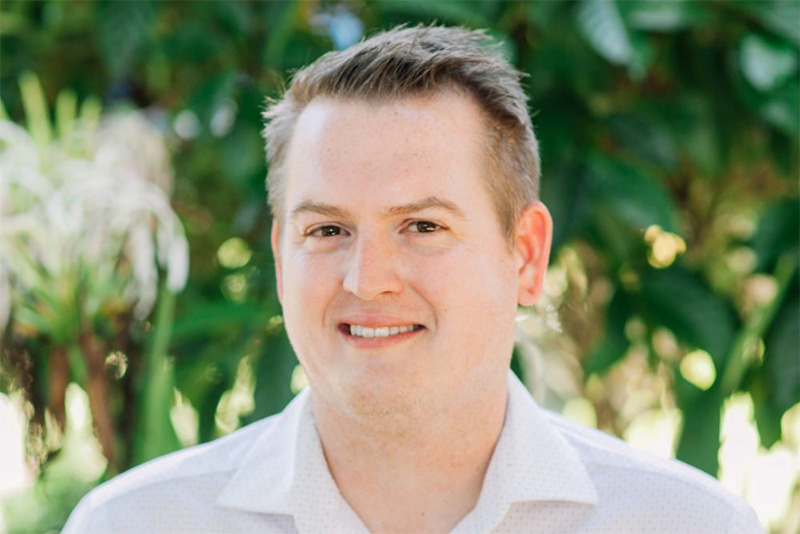Experts with the Regional Gun Violence Research Consortium (RGVRC) address different facets of firearm violence from a variety of perspectives and disciplines. In this new series, get to know our experts and learn more about their contributions to better understand, prevent, and respond to the public health crisis of firearm violence. Meet Hunter Martaindale, an affiliate scholar with the RGVRC and the research director at the Advanced Law Enforcement Rapid Response Training (ALERRT) Center at Texas State University.
Why do you study gun violence? Why is this an important area of research, and how do you see your work helping to address this issue?
I’ve worked with the ALERRT Center at Texas State University since graduate school. I started out working in the logistics department, preparing equipment for our nationwide training, but I quickly transitioned into a research-focused position as I advanced through graduate school. Part of this research has always involved studying active shooter/attacker events to inform ALERRT active attack training for first responders and civilians.
In addition to the active attack training, we also routinely receive feedback from first responders and civilians who have experienced a traumatic event. This feedback centers on how they felt better prepared or took a course of action that made a difference, even if the traumatic event wasn’t an active attack. That is why I see this as important work. We also receive feedback that skills learned in our training helped a first responder apply lifesaving medical aid or enhanced communication that saved a life in a non-active attack.
What is your research focus related to gun violence? What are you currently researching?
My focus related to gun violence revolves around active attacks. We maintain those data to support ALERRT’s training and ensure it stays relevant to current trends. Beyond that, I’m working with Jaclyn Schildkraut and Emily Greene-Colozzi on a project to better understand the leakage that precedes mass shootings. We will use our findings to inform training for members of the public (including K-12 schools, colleges, and universities) to help improve reporting of warning signs and aid in preventing future attacks.
Outside of gun violence, my research is focused on improving police performance and decision-making. In particular, I study how stress, fatigue, and other physiological and cognitive factors affect officers’ ability to make sound decisions in high-stakes environments. This includes work on stress physiology, vision, and attention, and the design of evidence-based training methods that better prepare officers for the realities of their jobs. My goal is to bridge science and practice so that officers can perform effectively and adapt under pressure.
What do you hope that people can take away from the research you are conducting?
I hope people take away that what you do matters. The data on active attacks show that civilian actions can meaningfully influence the outcome of these events. Just as importantly, I believe our ongoing research into pre-attack leakage will identify critical moments when civilians can recognize warning signs and alert authorities, potentially preventing an attack altogether.
Learn more about Hunter and his work for the Regional Gun Violence Research Consortium below.

